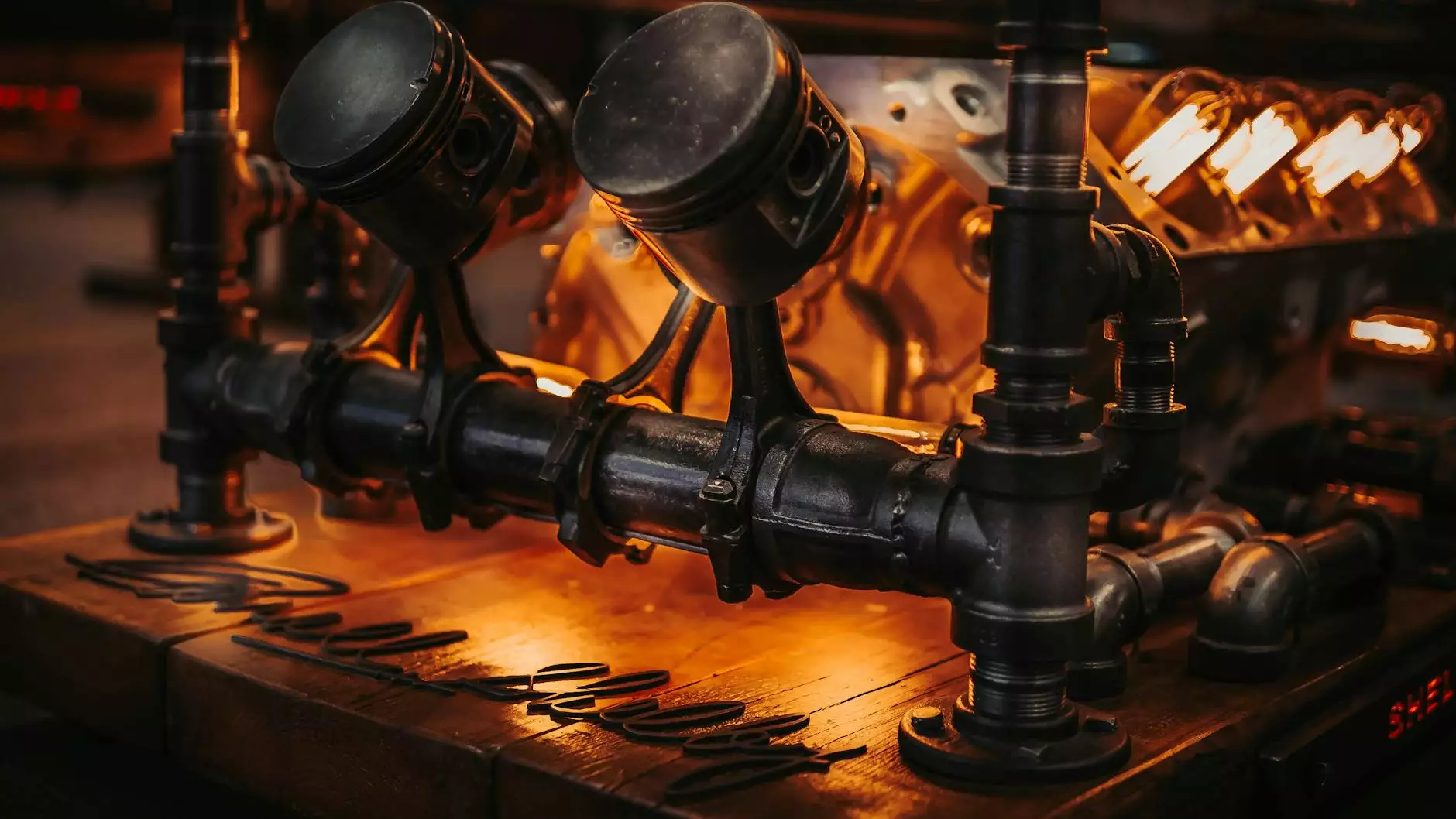Understanding the Importance of Transmission Valve Bodies: Buy Transmission Valve Body Today

What is a Transmission Valve Body?
The transmission valve body is a crucial component of an automatic transmission system. It acts as the control center for various hydraulic operations in your vehicle’s transmission. When you buy transmission valve body, you are investing in the performance and smooth operation of your vehicle.
Function of the Transmission Valve Body
The primary function of the valve body is to manage the flow of hydraulic fluid within the transmission. This fluid is responsible for shifting gears smoothly, ensuring that power from the engine translates effectively to the wheels. Without a properly functioning valve body, you may experience shifting delays, rough transitions, and increased wear and tear on your transmission system.
Components of the Transmission Valve Body
A typical transmission valve body comprises various parts including:
- Spool Valves - Control the flow of hydraulic fluid.
- Solenoids - Electrically operated valves that manage shifts.
- Gaskets and Seals - Prevent leakage of hydraulic fluid.
- Pressure Port - Monitors hydraulic fluid pressure for optimal shifting.
Why Should You Buy Transmission Valve Body?
Investing in a high-quality transmission valve body can provide numerous benefits:
- Improved Performance: Enhanced shifting capabilities lead to a smoother driving experience.
- Increased Durability: Quality valve bodies are designed to withstand the rigors of daily driving.
- Cost-Effective: A well-maintained valve body can prevent costly transmission repairs in the future.
- Enhanced Fuel Efficiency: Smooth gear transitions contribute to better fuel economy.
Signs You Need to Buy a New Transmission Valve Body
Recognizing the signs of a faulty transmission valve body is essential for maintaining your vehicle’s performance. Here are some common indicators:
- Delayed Shifting: Noticeable delays in shifting gears can indicate issues with the valve body.
- Slipping Gears: If your vehicle unexpectedly slips out of gear, it may signal valve body failure.
- Unusual Noises: Grinding or whining noises while shifting could be a sign of internal damage.
- Leakage: Fluid leaks around the transmission area often indicate problems with gaskets or the valve body itself.
How to Choose the Right Transmission Valve Body
Choosing the right transmission valve body involves careful consideration of various factors to ensure compatibility and performance. Here’s what to keep in mind:
- Vehicle Make and Model: Always choose a valve body that is specifically designed for your vehicle's make and model.
- OEM vs Aftermarket: Decide whether you want to buy an Original Equipment Manufacturer (OEM) part or an aftermarket option. OEM parts typically ensure better compatibility but can be pricier.
- Quality Assurance: Look for products that are certified and come with warranties to guarantee quality and longevity.
- Customer Reviews: Research customer feedback and reviews regarding the performance of the valve body you are considering.
Where to Buy Transmission Valve Body
Now that you understand the importance of the transmission valve body, the next step is to know where to purchase one. Here are some reliable options:
- Online Retailers: Websites like Shenghai Auto Parts provide a wide selection of valve bodies with detailed descriptions and customer support.
- Local Auto Parts Stores: Visiting a local store allows you to consult with professionals who can advise you on the best options for your vehicle.
- Automotive Repair Shops: Many repair shops offer parts for sale and can provide installation services, ensuring proper handling.
Considering the Cost of Transmission Valve Bodies
The cost of a transmission valve body can vary significantly based on several factors, including the make and model of the vehicle and whether you are purchasing an OEM or aftermarket part. Here are some insights on costs:
- OEM Parts: These are typically more expensive but offer the assurance of quality and compatibility. Prices can range from $300 to $800.
- Aftermarket Parts: Aftermarket options can be more budget-friendly, priced between $150 to $400. However, it’s crucial to assess quality.
- Installation Costs: Professional installation can add $200 to $500 to your total cost. Investing in professional installation ensures that the valve body functions correctly.
Maintenance Tips for Your Transmission Valve Body
To prolong the life of your transmission valve body, establishing a regular maintenance routine is essential. Here are some practical tips:
- Regular Fluid Changes: Keep an eye on your transmission fluid and change it according to the manufacturer’s recommendations, typically every 30,000 to 60,000 miles.
- Monitor Fluid Levels: Check and maintain proper fluid levels to ensure the valve body operates smoothly.
- Address Issues Promptly: If you notice symptoms like slipping or delayed shifting, address them immediately to prevent further damage.
- Professional Inspections: Schedule regular inspections with a trusted mechanic to catch potential issues before they escalate.
Conclusion
Choosing to buy transmission valve body from a reputable source like Shenghai Auto Parts is a smart investment for your vehicle's health. Understanding the functionality, signs of failure, and maintenance tips for the valve body can help prolong the life of your vehicle's transmission system. Ensure you conduct thorough research and select the right part for a smooth and efficient driving experience. Remember, the performance of your vehicle greatly depends on the integrity of its transmission system.









